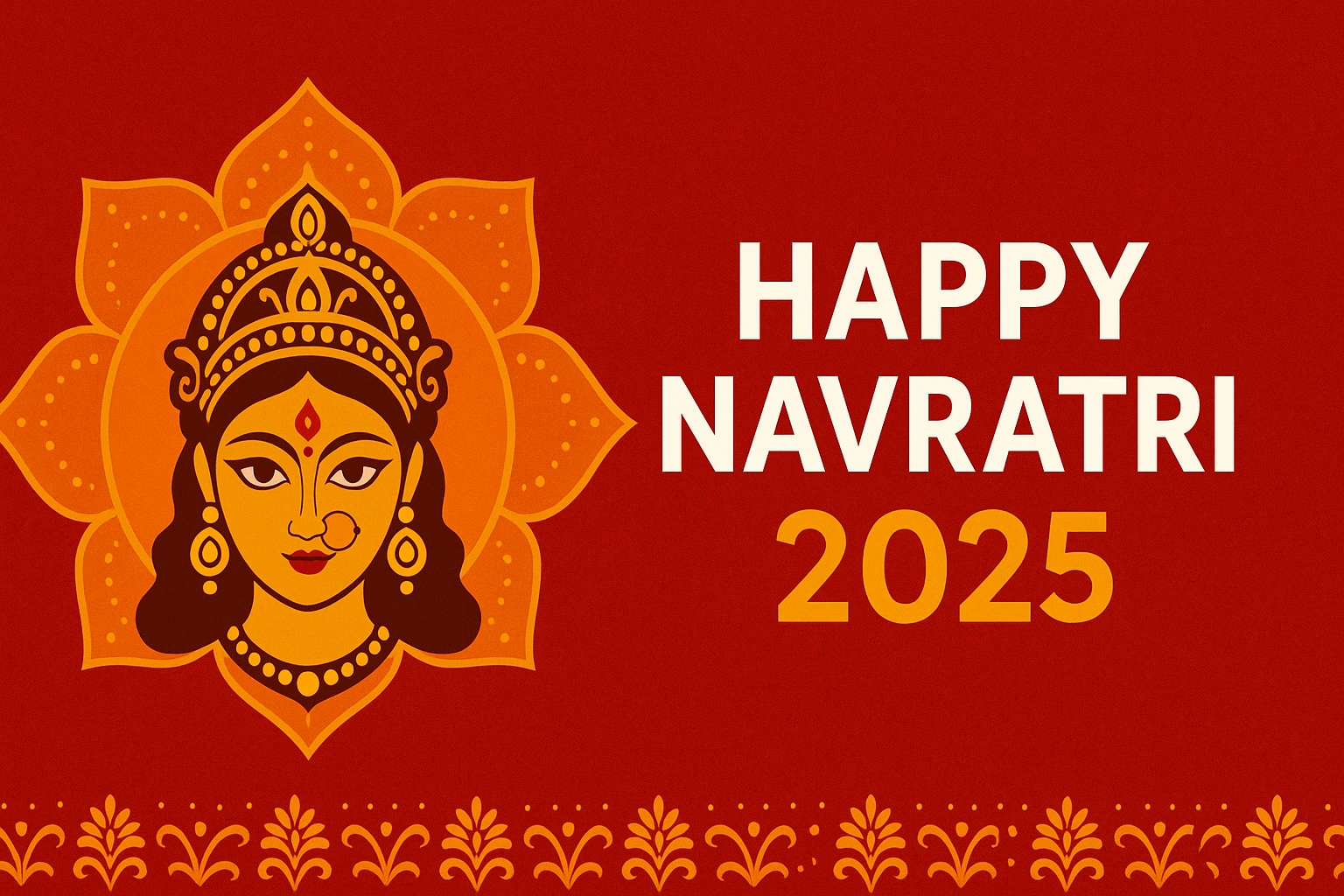Preschool is your child’s first real experience with a structured learning environment, and it’s a big step. At this early stage, your involvement as a parent plays a vital role in helping your child adjust, thrive, and build confidence. One of the most effective ways to stay involved? Maintaining regular communication with your child’s preschool teacher.
Many parents believe their role is limited to drop-offs, pick-ups, and paying fees. But staying connected with your child’s teacher goes far beyond logistics. It builds trust, strengthens learning, and ensures your child gets the support they need both at school and at home. In this blog, we will discuss seven reasons parents should talk to their preschool teachers from time to time.
7 Reasons Parents Should be in Touch with Their Kid’s Preschool Teacher
Here are seven compelling reasons why you should make that connection a priority.
- Gain Insight into Your Child’s Development
Teachers spend several hours a day with your child, observing their learning habits, social skills, and emotional responses in real-time. Regular check-ins with the teacher can provide valuable insights into areas where your child is thriving and where they may need a little extra support.
These early signs are especially useful when you’re planning for next steps, like Senior KG admission, where readiness in both academic and emotional areas matters.
- Create a Consistent Support System
Children feel more secure when parents and teachers are on the same page. When your child sees that you and their teacher are in sync, it reinforces consistency in discipline, expectations, routines, and praise.
Whether it’s toilet training, sharing toys, or learning phonics, your child benefits from a united message across school and home.
Behavioural changes, learning delays, or emotional challenges can show up subtly at first. If you maintain open lines of communication with your child’s teacher, it becomes easier to identify and address these concerns promptly.
The earlier you address a concern, whether it’s speech delays, separation anxiety, or difficulty making friends, the easier it is to find solutions and build confidence.
- Stay Informed About Classroom Activities
Preschools are full of activities, art projects, story time, group games, theme days, and more. By staying in touch with your child’s teacher, you’ll know what’s happening in class and can follow up at home.
This also helps you ask the right questions at the end of the day. Instead of the usual “How was school?”, you can say, “I heard you did a puppet show today, what was your favourite part?”
This kind of engagement boosts memory, conversation skills, and your child’s enthusiasm for learning.
- Support Skill Building at Home
Teachers can guide you on how to support your child’s learning journey outside the classroom. They may suggest:
- Fine motor skill exercises (like cutting or beading)
- Language-building games
- Counting or shape recognition through play
- Reading recommendations
This is especially helpful for parents preparing their child for upcoming transitions like Senior KG admission where stronger foundational skills are expected.
- Build Trust and Ease Anxiety
Children pick up on your attitude. When they see you have a warm, respectful relationship with their teacher, they are more likely to feel comfortable, safe, and positive about school.
It also helps ease separation anxiety. If your child knows that “Mom talks to my teacher” or “Dad knows what I did at school,” they’ll feel reassured and more secure about being away from home.
- Be a More Active Participant in Your Child’s Education
Staying in touch doesn’t just mean attending the annual parent-teacher meeting. It means showing interest throughout the year, asking questions, offering feedback, and showing up when needed.
Many of the best preschools in Nagpur encourage parent involvement through classroom visits, online updates, event participation, or parent-teacher communication apps. Taking part in these activities shows your child that their education matters and that you are part of it.
Final Thought
Building a strong relationship with your child’s preschool teacher is one of the simplest yet most impactful things you can do. It creates a powerful partnership that supports your child’s growth, learning, and emotional well-being.
Preschools like EuroKids understand this balance. Their approach includes not just structured early learning but also strong parent engagement, helping families work hand in hand to support each child’s journey from day one.


 Cricket news22 hours ago
Cricket news22 hours ago
 India News22 hours ago
India News22 hours ago
 India News22 hours ago
India News22 hours ago
 Latest world news23 hours ago
Latest world news23 hours ago
 Latest world news19 hours ago
Latest world news19 hours ago
 LATEST SPORTS NEWS16 hours ago
LATEST SPORTS NEWS16 hours ago



